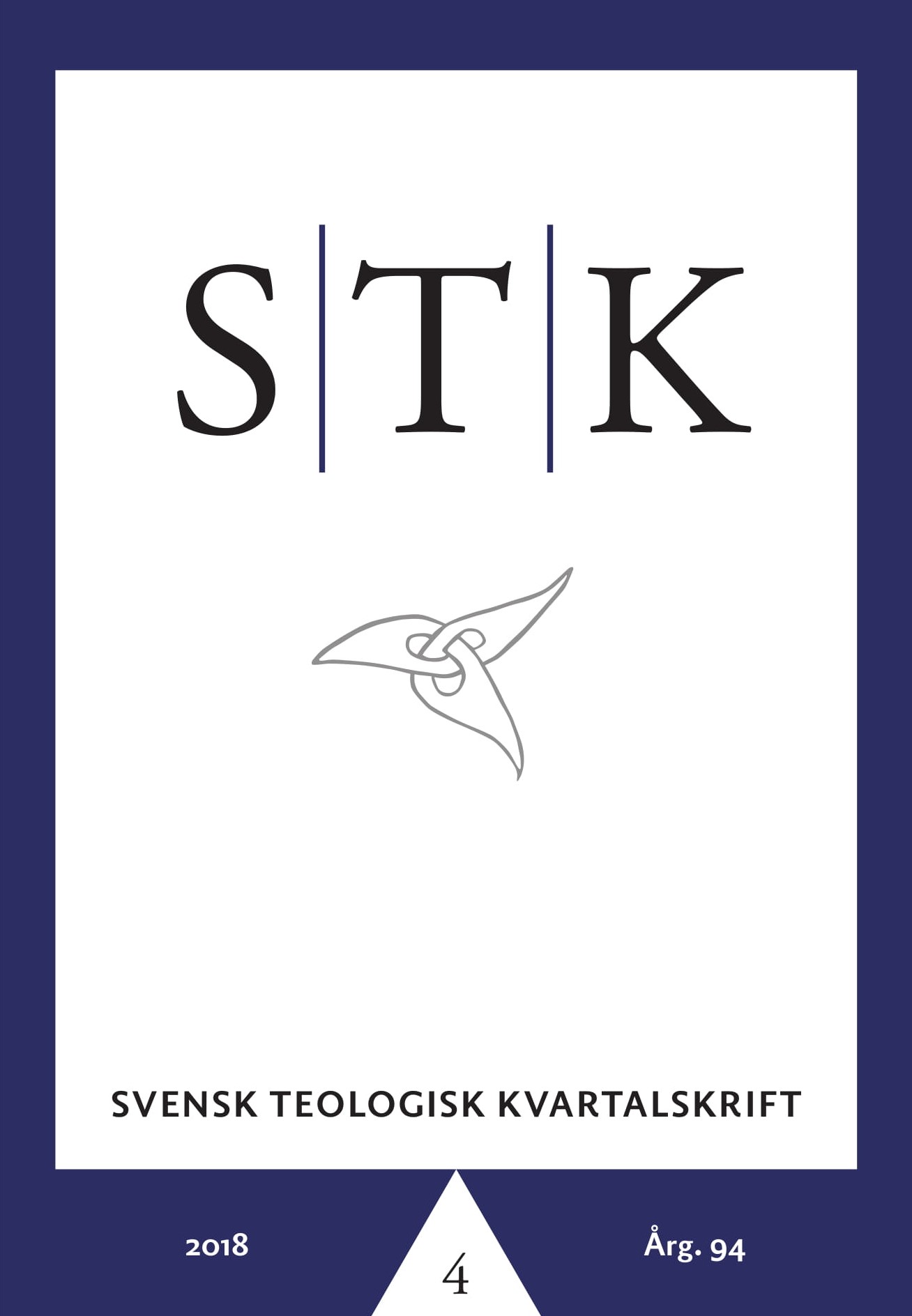Tillbaka till dåtiden? Om bibelvetenskapens roll och metoder
En replik till Joel Halldorf
Abstract
The exegetical subjects have a particular interdisciplinary role within academia, implying that their responsibilities and significance are – and should be – under constant debate. In his article, church historian Joel Halldorf, argues for the overt use of theological interpretations (in the narrow sense of "normative theology") in the exegetical discipline. Halldorf thereby highlights some current key issues concerning the identity of biblical studies in Sweden, both in academia and in society: Where should the discipline be positioned in relation to humanities and theology? Which target groups should be catered to? What is the task of the biblical scholar? Here we present our reply to Halldorf's reflections and visions about the methods and significance of biblical studies. According to us, Halldorf offers an oversimplified view of what historical-critical research means and presents historical research as something utterly contrary to the theoretical developments of the latter half of the twentieth century. This, we argue, is a misrepresentation of the boundaries of these theoretical currents. Furthermore, we want to highlight the importance of context-oriented interpretations of textual traditions from antiquity, as well as the danger inherent in conducting research without consideration to historical context. We argue that the non-confessional nature of biblical studies is in fact a prerequisite for participation in an international and multifaceted research milieu.
Downloads
Published
Issue
Section
License
Copyright (c) 2019 Natalie Lantz, Petter Spjut, Ola Wikander

This work is licensed under a Creative Commons Attribution-NonCommercial-NoDerivatives 4.0 International License.


